 |
MEDAR/MEDATLAS
II |
 |
| EASTERN MEDITERRANEAN REGIONAL CENTRE |
Introduction
The objective of the MEDAR/MEDATLAS II project is to rescue, safeguard and make available a comprehensive data set of oceanographic parameters collected in the Mediterranean and Black Sea, through a wide co-operation of the Mediterranean and Black Sea countries. It is an European MAST/INCO concerted action and a regional contribution to UNESCO/IOC's Global Ocean Data Archeology and Rescue (GODAR) project.
The MEDAR/MEDATLAS-II project involves a group of 20 Partners.
Objectives
To complete the data-void areas in the Eastern and Southern parts of the Mediterranean Sea and Black Sea with new observations, through a wide co-operation of the Mediterranean countries and use of enhanced communication facilities (fax, ftp, WWW servers, email) to fasten exchange of information and data among participants and users.
To make available comparable and compatible data sets of temperature, salinity and bio-chemical profiles issuing from different sources, by using a common protocol for formatting and quality checking.
To prepare value added products including climatological gridded statistics and maps that will be useful for the understanding and modelling of the Mediterranean and Black Sea by using efficient and robust objective analysis techniques.
To facilitate the access to the archived data and enhance the data for various scientific, educational, industrial and environmental needs, through electronic publishing on widely disseminated media and promotion.
To insure the quality of the data products by performing quality checks in accordance to the available international standards at each stage of the data processing.
Long term objectives
To contribute to improve the overall level of data quality by developing and standardising common protocols for data management and data exchange, especially for handling oxygen and nutrients data.
To decrease the time lag between data collection and data release, and contribute to valorise the ship time by enhancing further use of the data among different scientific, operational and industrial communities.
To develop a distributed data management structure for the Mediterranean scientific and operational oceanography, by job training and workshops in data qualifying, processing, mapping, archiving and communication.
 Click here for more details
Click here for more details